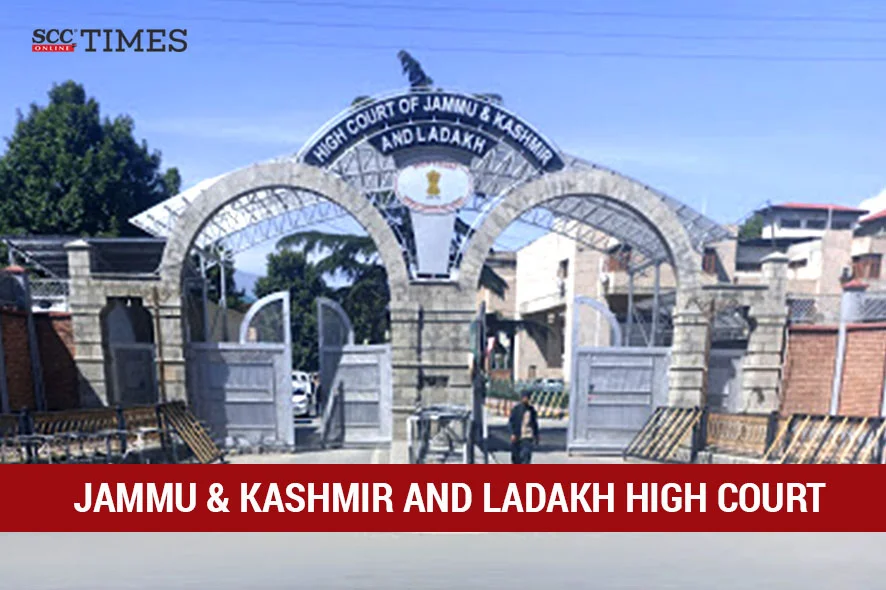Jammu and Kashmir High Court: The Court issued a circular, dated 02-09-2024, outlines Additional Guidelines & Formation of ‘District Case Management System Committee’ in order to reduce the pendency of 5-year-plus old cases in the District Judiciary in the Union Terrorities of Jammu & Kashmir and Ladakh. Key points include —
-
Formation of District Case Management Committee: Each district’s Principal District Judge will chair this committee, joined by a senior Additional District Judge and a Senior Civil Judge (preferably the CJM). The committee will oversee the case management strategy and may involve judicial officers, Bar Association members, government pleaders, and public prosecutors. The Principal District Judge will submit the minutes of these meetings to the Member Secretary of the State Case Management System (SCMS) Committee for review by the 5th of each month.
-
Monthly Review Meetings: The District Case Management Committee will meet monthly to monitor the progress of old cases and suggest actions for speedy disposal. Judicial officers, who are not present at headquarters can attend virtually. Minutes of these meetings will be submitted to the Member Secretary of the SCMS Committee.
-
Monitoring & Distribution of Cases: The District Case Management Committee will identify the oldest cases and ensure their equitable distribution among judicial officers. The committee will ensure fair and rational allocation of old/target cases among judicial officers, with complex cases assigned to more experienced judges.
-
Addressing Non-Appearance of Accused and Witnesses: The District Case Management Committee will collaborate with district SPs, public prosecutors, and police nodal officers to ensure the presence of accused persons and witnesses in court.
-
Effort for Merit-Based Disposals: Cases should be disposed of on merits, with avoidance of dismissal for non-prosecution or ex-parte decisions unless absolutely necessary.
-
Monitoring by the Chief Justice: The Chief Justice of J&K High Court will personally oversee adherence to these guidelines, ensuring accountability in case disposal.
The circular aims to streamline case management and reduce delays, reducing judicial backlog and enhancing the efficiency of the judicial process in the UTs of Jammu & Kashmir and Ladakh.






